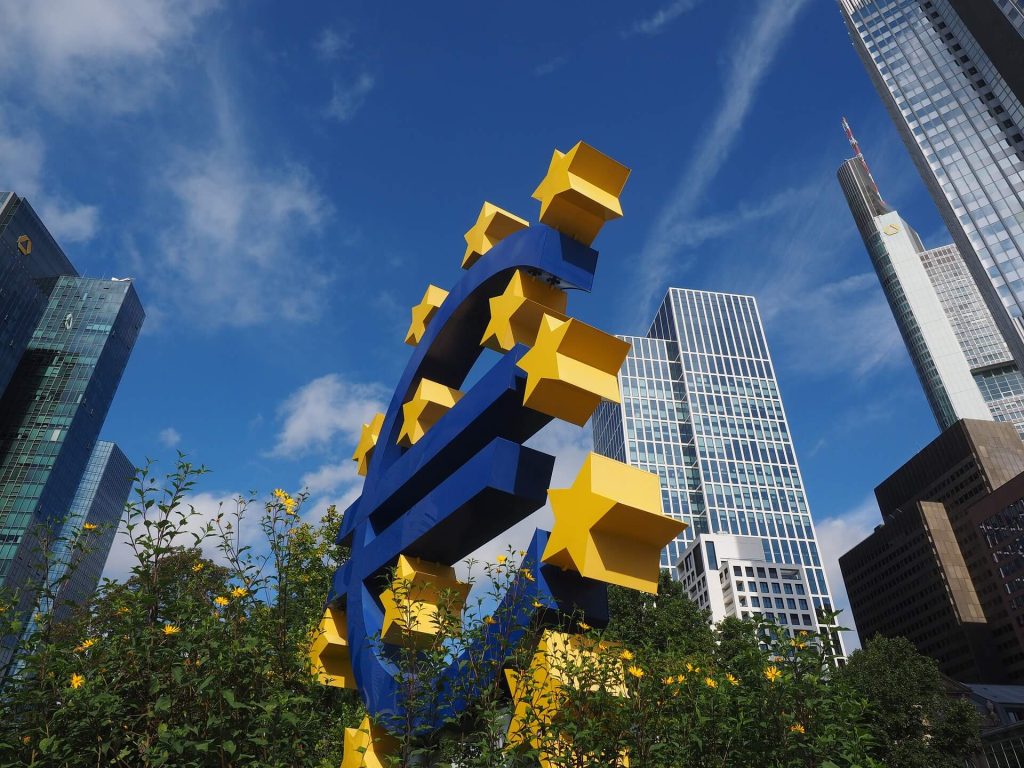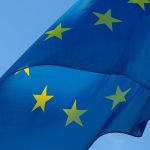Croatia’s road to independence was difficult, but the years ahead will not be easier if we don’t prepare for the world that is coming, he said at a conference on Croatia’s key successes, organised by Hanza Media on the occasion of Croatia’s 30 years of independence.
Plenković said the government’s ambition was to join the eurozone on 1 January 2023 and that the multipurpose fighter jets would arrive in early 2024.
Health reform framework in the autumn
“Reforms are key” and all that we have now are remnants of past administrations, policies, circumstances, weaknesses as well as daring, he said.
He singled out the judicial reform, resolutely stating that “the judiciary is not the HDZ’s.”
State administration will be strengthened because it must be more efficient, counties will not be changed but there is room to merge municipalities, which will cut costs, Plenković said.
The privatisation of the state-owned portfolio will continue while advancing corporate management, he said, also underlining the importance of education and health reform.
Healthcare has generated enormous expenses for years, but there is a concept of a solution which should be hammered out in the near future, Plenković said, adding that many laws would be amended in the autumn to make it easier to run the health system.
He said it was necessary to make progress in demography and also highlighted climate change.
“It would have been better had we solved some things faster,” he said, but added that with “these three to four steps we will do in the next two and a half years, and (with) the money we ensured for the next ten years, we have indeed created prerequisites for development that we never had.”
Vaccination is also an economic issue
Plenković called on citizens to get vaccinated against COVID-19, saying it was also an economic and financial issue, and that the tourist season could be lost if Croatia was declared unsafe.
He said it was a matter of personal responsibility and warned about the threat of new variants and a fourth wave of coronavirus.
Croatia’s road to independence was difficult and demanding
Looking back over the past 30 years, Plenković recalled that Croatia had been a victim of Greater Serbia aggression but that it managed to build an army and defend its freedom.
He said the 1991-95 war claimed many lives and caused big destruction, which cost Croatia 15 years of development because pre-war GDP was restored only in 2004. He said 15% of homes were destroyed, that the war damage amounted to 160% of the pre-war GDP, and that over 150,000 houses were rebuilt after the war.
Plenković said the second decade of Croatia’s independence saw the beginning of economic transition and key steps towards the realisation of geostrategic goals, including joining NATO in 2009 and completing EU accession negotiations by the end of 2011.
Those were years of strong GDP growth, but will lots of borrowing, followed by the global crisis which lasted until 2013, when we joined the EU, a historic success, he said.
He added, however, that Croatia started utilising the benefits of EU membership only in 2016 because only 9% of the funds available had been contracted by then, as against 120% now.
Plenković said that between 2012 and 2015 Croatia fell from 61 to 60% of the EU’s GDP average, while in the past five years, before COVID-19, GDP per capita was raised to 65%, falling to 64% now.
He said that in the past five years quality of living had improved, with considerably higher wages, pensions, and social and maternity allowances. The average net pay in that period went up by HRK 1,440 to 7,082 this past April, while the minimum net pay went up by HRK 904 to 3,400, he added.
Speaking of employment, Plenković said the number of pension insurees fell by 90,000 between 2009 and 2016, while going up by 134,000 to over 1.5 million in the past five years.
He said the biggest problem of his first term in office, from 2016 to 2020, was saving the Agrokor conglomerate from bankruptcy, adding that the Petrokemija company was restructured and shipyards’ debts were settled during that term also.
He recalled that for the first time, Croatia had a budget surplus for three consecutive years. “Before the pandemic, we relieved the corporate sector by more than HRK 11 billion in taxes and administration, the credit rating was raised to investment level.”
Strong international position
Plenković said Croatia had a strong international position and that EU funds helped to carry out strategic projects such as the LNG terminal on Krk island.
He said he expected the U.S. to waive visas for Croatian citizens this autumn, also because of the good political and military ties.
He said good relations had been built with China and that China helped Croatia a lot at the start of the pandemic.
Plenković went on to say that Croatia had secured another €25 billion from the EU for the next ten years, and that it was in a more difficult situation than others because of the two strong earthquakes that hit last year.
The COVID crisis has cost us HRK 34 billion, he said, adding that unlike Croatia other countries did not have HRK 128 billion in earthquake damage.
We have ensured HRK 11.1 billion for wages and 700,000 jobs have been retained in the past 15 months, he said.
The National Recovery and Resilience Plan was made for green and digital transition, he said, confident that the realisation of the measures contained therein in the next two years would ensure an additional GDP growth of 1.4%.
For more on politics in Croatia, CLICK HERE.











